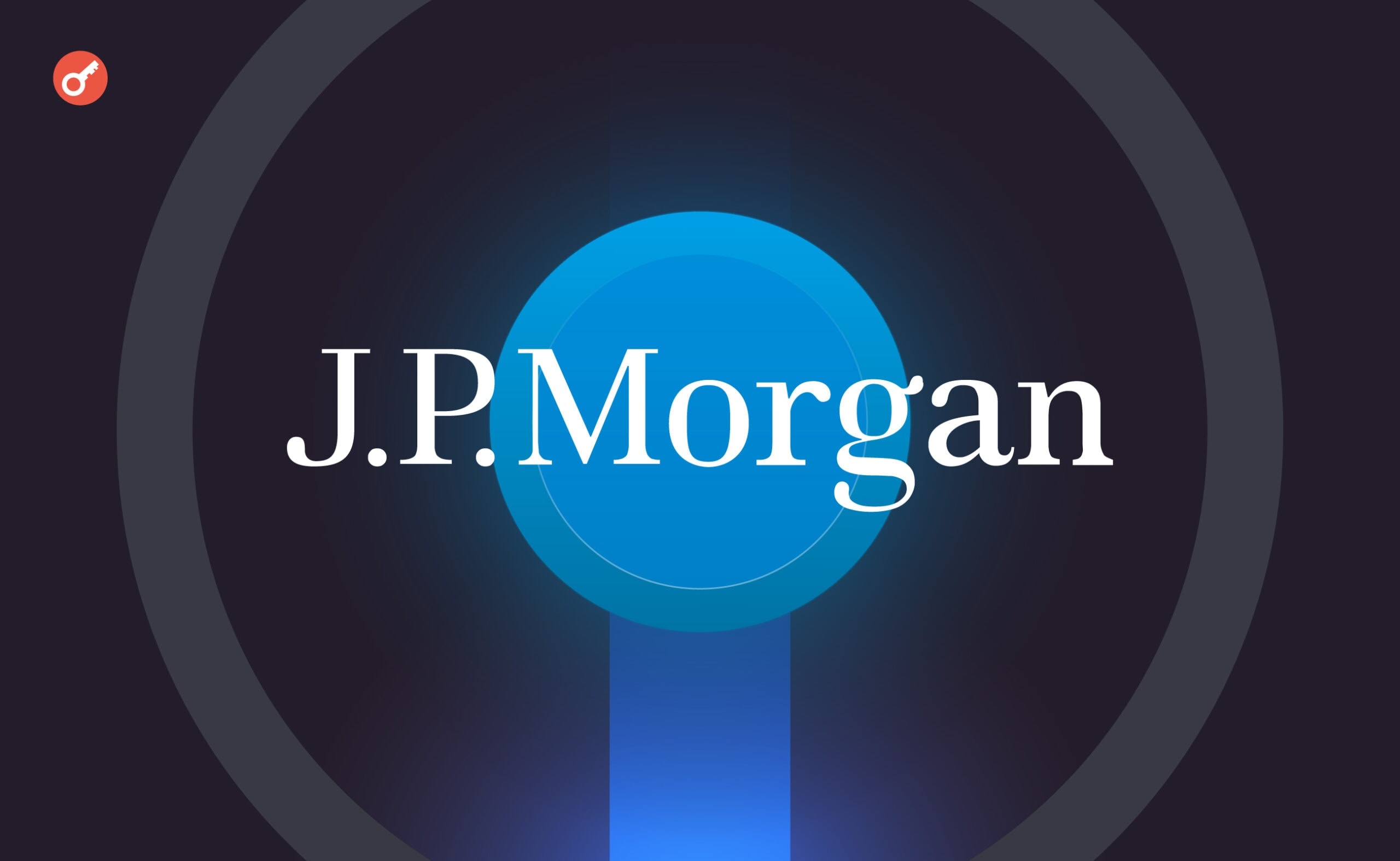UN Development Programme Launches Blockchain Education Initiative
The United Nations Development Programme (UNDP) is preparing to launch comprehensive blockchain education programs targeting government officials worldwide, alongside establishing a dedicated advisory body. The initiative is scheduled to begin within weeks, marking a significant step in institutional blockchain adoption.
This groundbreaking program represents the UN's commitment to equipping public sector leaders with essential knowledge about blockchain technology and its applications in governance, development, and public services. The education initiative aims to bridge the knowledge gap between emerging technologies and policy-making.
The UNDP's blockchain education curriculum will cover fundamental concepts, use cases in public administration, and practical implementation strategies. Government officials from member nations will receive training on how blockchain can enhance transparency, efficiency, and accountability in public sector operations.
Alongside the education programs, the UNDP will establish an advisory body comprising blockchain experts, policymakers, and technology leaders. This advisory council will provide guidance on best practices, regulatory frameworks, and implementation standards for blockchain applications in governmental contexts.
The timing of this initiative reflects growing recognition among international organizations that blockchain technology offers transformative potential for achieving sustainable development goals. Applications range from supply chain transparency to digital identity systems and financial inclusion programs.
UNDP Administrator Achim Steiner has emphasized that understanding blockchain technology is crucial for modern governance. The organization views this education initiative as essential for enabling informed policy decisions regarding digital infrastructure and emerging technologies.
The advisory body will focus on developing practical guidelines for blockchain deployment in areas such as land registry systems, healthcare records, humanitarian aid distribution, and public procurement. These applications can significantly reduce corruption and improve service delivery in developing nations.
Participating government officials will learn about various blockchain platforms, consensus mechanisms, and smart contract applications. The curriculum includes case studies from countries that have successfully implemented blockchain solutions in public services.
The program will also address challenges associated with blockchain adoption, including scalability concerns, energy consumption, interoperability issues, and regulatory considerations. Officials will gain insights into balancing innovation with security and privacy requirements.
Regional training sessions will be conducted across multiple continents, ensuring accessibility for officials from diverse geographical and economic backgrounds. The UNDP plans to utilize both in-person workshops and online learning platforms to maximize reach and flexibility.
This initiative aligns with the UNDP's broader digital transformation strategy, which recognizes technology as a critical enabler for achieving the 2030 Sustainable Development Goals. Blockchain's potential to create trustless systems and reduce intermediaries makes it particularly relevant for development contexts.
The advisory body will publish regular reports on blockchain implementation trends, emerging challenges, and recommended approaches for different governmental use cases. These resources will serve as reference materials for policymakers worldwide.
Experts anticipate that this UN-backed education program will accelerate blockchain adoption in public sectors globally. By providing standardized training and guidance, the UNDP aims to prevent fragmented approaches and promote interoperable solutions.
The initiative has received support from various technology companies and blockchain foundations, which have committed to providing technical expertise and resources. However, the program maintains independence in its curriculum development and recommendations.
Government officials completing the program will receive certification, demonstrating their understanding of blockchain technology and its applications in public administration. This credential will help build capacity within governmental institutions for evaluating and implementing blockchain projects.
You May Also Like

MetaMask Token: Exciting Launch Could Be Sooner Than Expected

Interest rate cuts are coming – investors can expect a 200% increase in returns through Goldenmining
